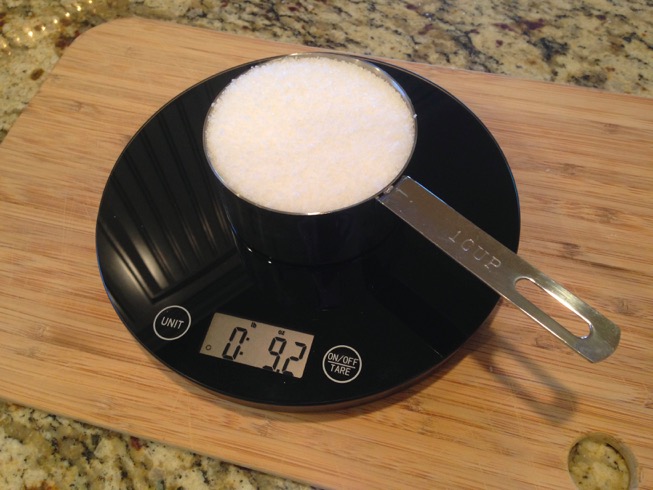The Perfect Brine and the Science behind it
When it comes to brining, there are multiple theories about how it works. First, I will attempt to logically disprove some common myths about brining. Then, I will use my background in chemistry, anatomy and physiology to construct an accurate theory.


Common Myths about brining-
1. The salt dehydrates the meat therefore concentrating its flavors. This is not true as the meat can gain 10% or more of its original weight if properly brined. This would also not explain the meat being more tender and juicy.
2. The salt and water both enter the meat by osmosis. This is not entirely true. Osmosis is basically the movement of a substance (water or salt) from higher concentration to lower concentration until equilibrium is reached. If osmosis were the only factor, water would be drawn out of the less salty meat into the more salty brine. Also, salt would be drawn from the brine into the lower concentration of the meat. The result would be a piece of meat with a high salt content and low water content (dry). Again, this can’t be true as properly brined meat gains 10% or more of its original weight in water.
Here is how brining actually works-
Placing meat (average salt concentration 0.9%) into a perfect brining solution (average salt concentration of 6.6%) causes the following to happen-
1. Salt will be drawn from the brine into the lower concentration of the meat.
2. Initially, some of the water may be drawn out of the less salty meat into the more salty brine but this will soon be reversed.
3. The salt will then bind to and denature/ destroy the proteins responsible for muscle contraction (myofibrils containing actin and myosin). This will not only tenderize the meat, but also increase the amount of space within the myofibrils which will eventually hold more water. For this to happen, the salt concentration must be above 3% (which it will be if you use the perfect brining recipe below).
4. Because a majority of the salt is now bound to the contractile proteins in the meat, it will then begin to draw water from the less salty brine into the more salty meat. However, if the brining solution is too salty, this step will not happen because the brine will remain more salty than the meat.
Perfect brine recipe
8.75 oz. (250 grams) or approximately 1 cup of Morton’s kosher salt per gallon of water will make a 6.6% solution.
Brine for 1 hour per pound of meat up to a maximum of 12 hours.
Keep the meat and brining solution refrigerated.
blog comments powered by Disqus